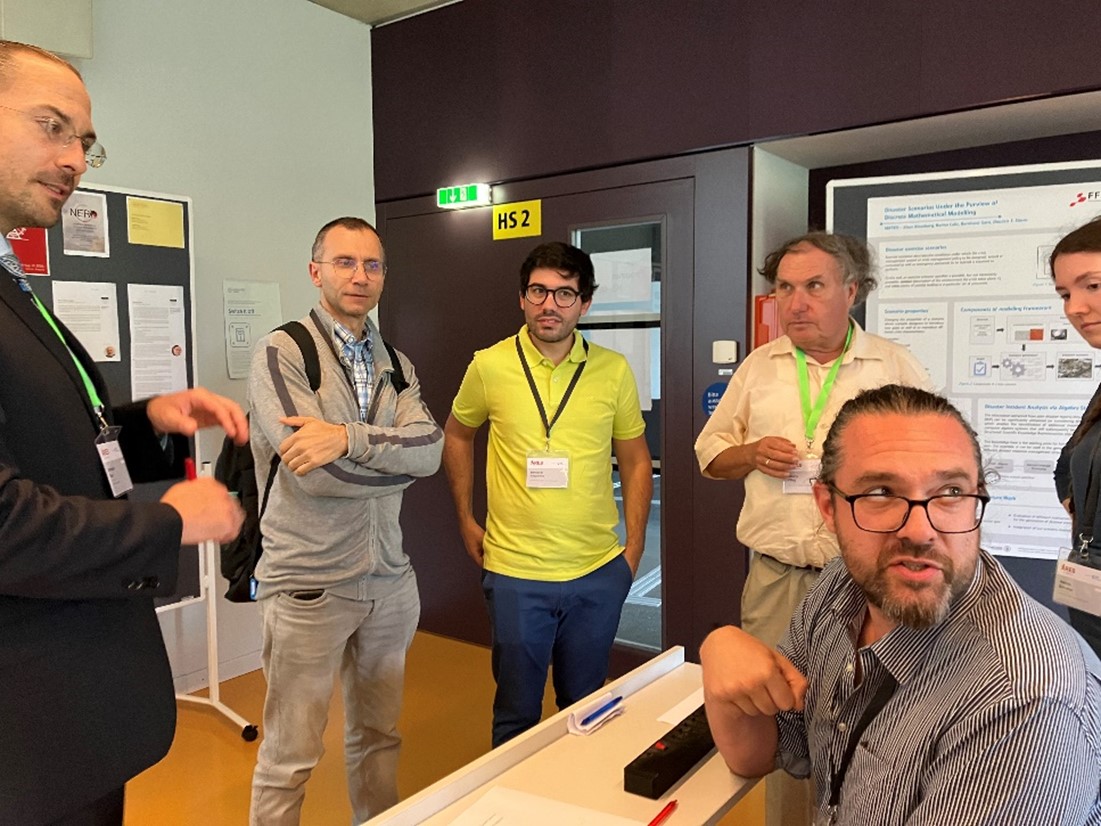The International Workshop on Dynamics of Disasters: Hybrid Threats (DoD 2024) took place from July 30 to August 1, 2024, in Vienna, Austria, alongside the 19th International Conference on Availability, Reliability, and Security (ARES 2024). Hosted by the University of Vienna’s Faculty of Computer Science, this event brought together leading experts to explore the complex challenges posed by disasters, both natural and man-made.
Exploring the Complexities of Disasters
Disasters occur when hazards—whether natural or man-made—overwhelm our ability to manage them, leading to devastating outcomes. The rising frequency and severity of disasters around the globe, even in regions previously considered safe, have starkly highlighted the gaps in our disaster preparedness and response systems. The COVID-19 pandemic, in particular, served as a harsh reminder of these vulnerabilities, exposing critical weaknesses in how we prepare for and manage crises. As the pandemic’s effects continue to ripple through our lives, it has become clear that understanding the dynamic nature of disasters is more crucial than ever. This ongoing theme has been at the heart of the DoD series and remains a focal point in the 2024 edition.
Expanding the Horizon: Emerging Hybrid Threats
This year, DoD 2024 expanded its scope to tackle the emerging issue of hybrid threats—complex challenges arising from the growing integration of cyber and physical domains. These threats go beyond the traditional cyber-physical systems, presenting new risks that our current disaster management frameworks must adapt to. The impact of hybrid threats on modern societies is profound, adding layers of complexity to disaster risk management and response efforts. As these threats evolve, they challenge the very foundations of how we protect our communities in an increasingly interconnected world.
Day 1 (July 30th): Setting the Stage
The workshop kicked off with an opening speech by Bernhard Garn, followed by remarks from Professor Panos Pardalos, Chair of the Steering Committee, and General Chair Dimitris Simos.
Professor Tina Wakolbinger kicked off the first session with her presentation, ‘Combining Perspectives of SCM and IB to Address the Literature’s Void of Ad-Hoc Strategic Change in Times of Disruptions’. Her talk, which was a collaborative effort with Lydia Novoszel, Björn Schmeisser, and Jan Fisch, explored the intersection of supply chain management and international business, offering fresh insights into strategic changes during disruptions.
The afternoon session transitioned into a military perspective on hybrid threats, with Professors Abram Trosky and Larry Goodson presenting ‘Hybrid Warfare, the Escalation Paradox, and Manmade Disasters in the Anthropocene’. This was followed by a presentation from Hannah Schuster, who discussed the innovative use of knowledge graphs in crisis management in her talk, ‘Building Incident-Centric Knowledge Graphs: Enhancing Crisis Management with Data-Driven Insights’. The day’s discussions concluded with Professor Fuad Aleskerov’s exploration of decision-making in response to volcanic eruptions, as presented in ‘Evaluation of the Regional Situation Under Volcanic Eruption and Corresponding Decisions’.
The evening brought participants together for the official ARES opening ceremony, followed by a welcome reception that provided an opportunity to network and reflect on the day’s insights.
Day 2 (July 31st): Diving Deeper into Disaster Dynamics
The second day of the workshop opened with a compelling plenary talk by Professor Panos Pardalos, whose presentation on the ‘Dynamics of Disasters’ covered a broad spectrum of topics related to disaster management. His exploration of emerging threats and critical trends captivated the audience, sparking a lively Q&A session that underscored the importance of these discussions.
In the next session, Benjamin Schuster took the stage to discuss how smart city digital twins can enhance disaster resilience. His talk, ‘Piloting Effects of Cyber-Physical Attacks and Their Cascading Effects Using Community-Based Digital Ecosystems for Disaster Resilience Utilizing Smart City Digital Twin (SCDT) Technology’, highlighted the potential of digital ecosystems to bolster disaster preparedness. This was complemented by Vincenzo Sammartino’s presentation on the use of security twins—a specialized form of digital twins focused on the security of ICT/OT infrastructure—to improve intrusion detection and system robustness. The session continued with Lydia Novoszel’s analysis of Austrian Micro Data Center (AMDC) data in her presentation ‘Role of Inventory Amid Crisis’, providing a detailed look at inventory management during recent crises.
The afternoon session featured a presentation by Rifqi Irvansyah, who examined the status of school buildings in Banda Aceh City 19 years after the devastating tsunami. His talk, titled ‘Feasibility of School Buildings in Banda Aceh City 19 Years After the Tsunami’, offered a insightful reflection on long-term recovery and resilience. This was followed by a collaborative presentation from Antonis Troumpoukis and Klaus Kieseberg on ‘Exploring Constraint-Based Approaches for Disaster Scenario Generation’. The day concluded with a remote presentation by Helene Jacot Des Combes, who discussed updates to the UNDRR/ISC Hazard Information Profiles in her talk, ‘The UNDRR/ISC Hazard Information Profiles – Standardized Hazard Definition and Information to Support Hazard Understanding and Data Analytics’.
Day 3 (August 1st): Bridging Knowledge and Practice
The final day of DoD 2024 began with an invited talk by Professor Georg Pflug, who presented on ‘Modeling and Analyzing Statistical Dependence of Catastrophic Events’. His exploration of multi-hazard and multi-risk catastrophic events from a statistical perspective was both insightful and thought-provoking, leading to an engaging Q&A session with the audience.
Next, Ana Rocha delivered a remote presentation on an optimization approach for scheduling firefighting vehicles. Her talk, ‘An Optimization-Simulation Approach to Scheduling Firefighting Vehicles’, presented collaborative research that highlighted innovative strategies for improving emergency response. Following this, the MATRIS Research Group introduced the ‘MATRIS Disaster Games’, an interactive session where participants engaged in games designed to simulate the temporal effects of disaster events and the dangers posed by cyber threats. Moderated by Klaus Kieseberg and Bernhard Garn, this session provided a unique, hands-on learning experience.
The final technical session of DoD 2024 featured a range of compelling presentations. Marianne Azer discussed ethical considerations in technology during her talk on ‘Ethics in Technology Challenges: The Edward Snowden Case and Privacy Perspectives’. This was followed by Stefan Pickl’s exploration of modern railway security in ‘On Track for Resilience: Assessing and Enhancing Railway Security in the Digital Age’. The workshop concluded with a remote presentation by Maryna Zharikova, who presented a ‘Framework for Hybrid Risk Analysis’, offering valuable insights into managing hybrid risks in today’s complex environment.
In the evening, participants attended the ARES keynote together before embarking on a scenic tram ride through Vienna, culminating in a memorable conference dinner that provided a fitting end to the event.
Closing with Appreciation
DOD 2024 has once again proven to be a vital forum for discussing the latest research and developments in disaster dynamics and management, providing valuable insights into how we can better prepare for and respond to both traditional and emerging threats.
We extend our heartfelt thanks to all the presenters and participants who made DoD 2024 a success. Your contributions were the heart of this year’s workshop, and it was our pleasure to host you in Vienna. We look forward to continuing these vital discussions and collaborations in future editions of DoD.

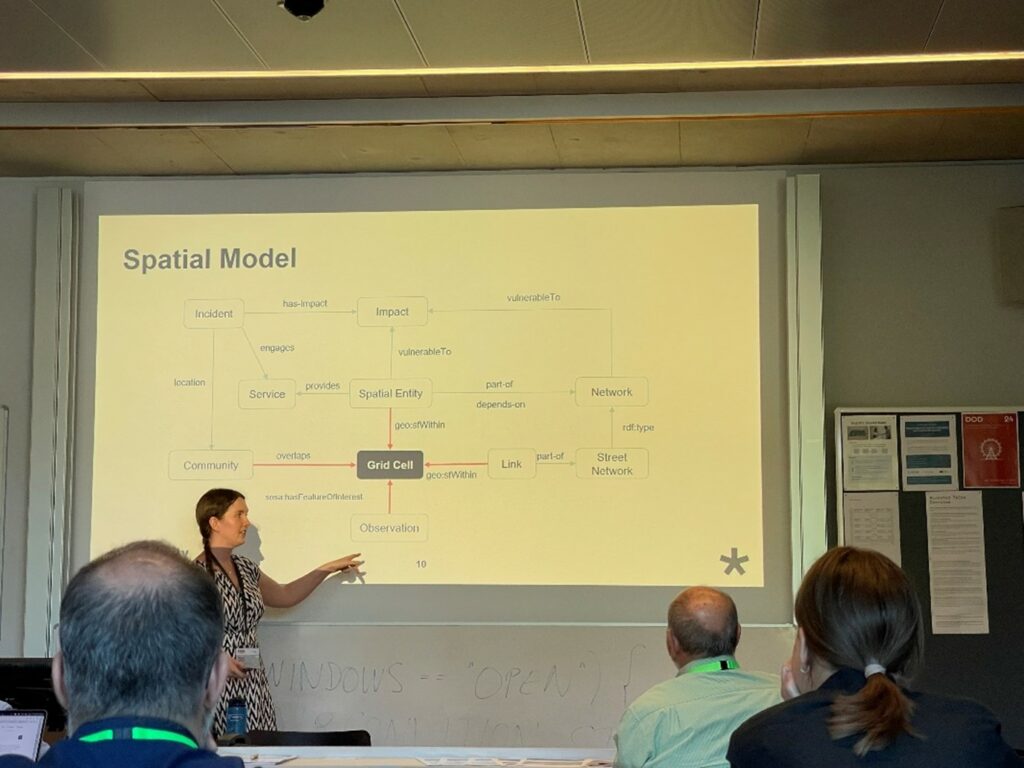
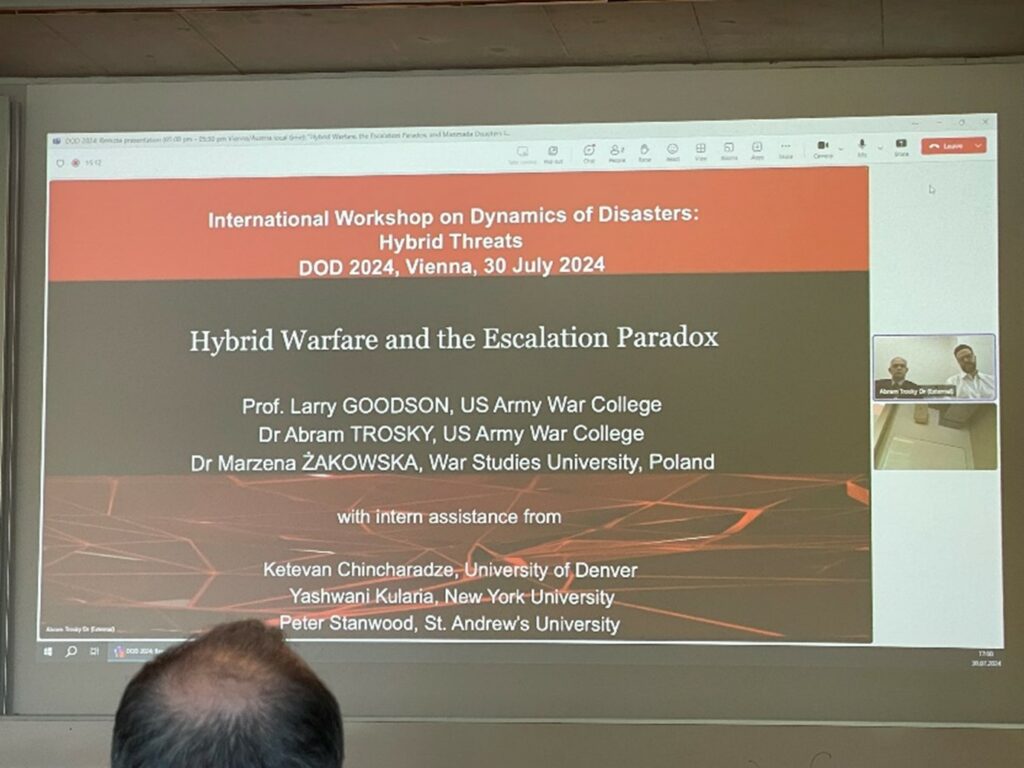
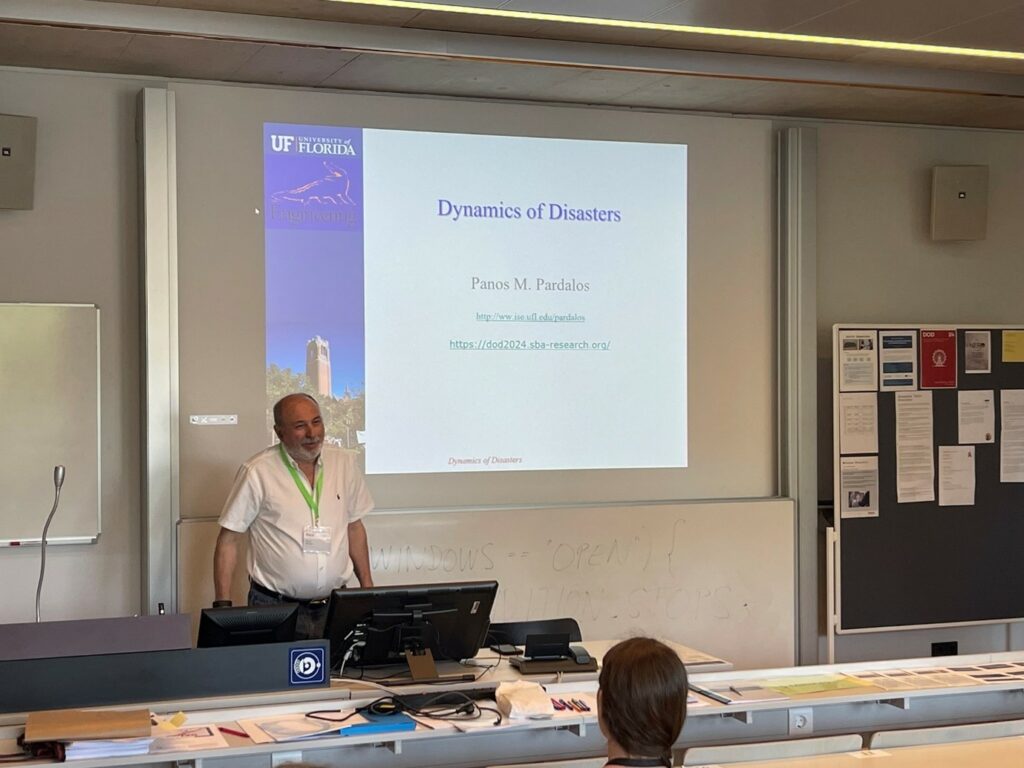
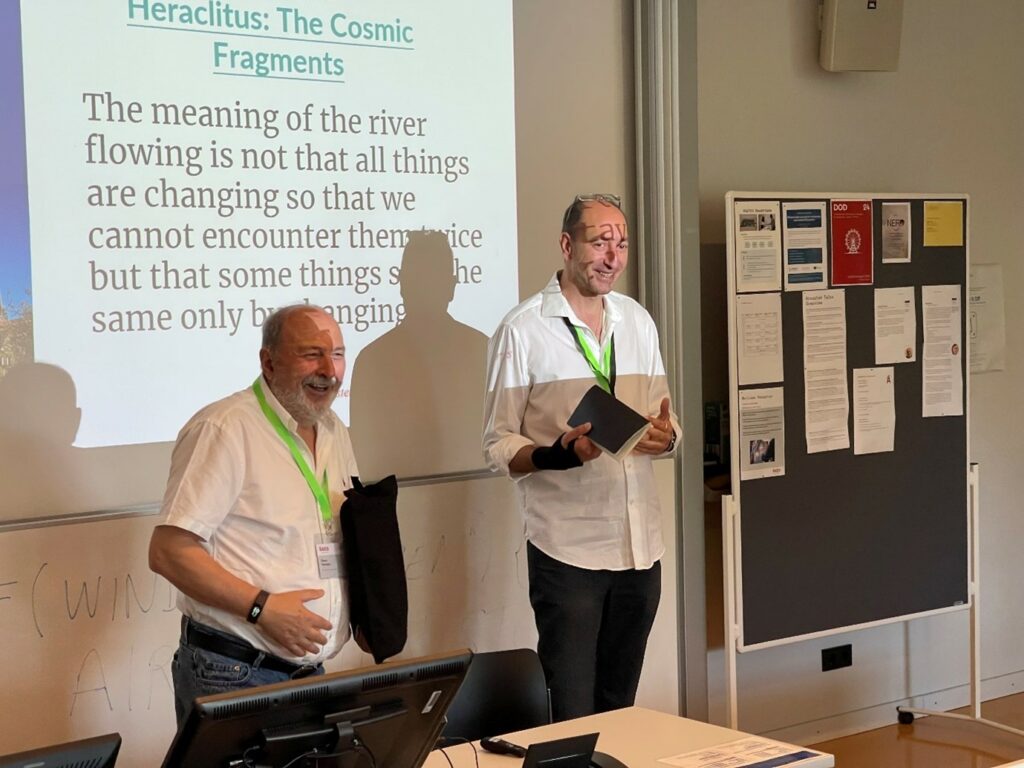
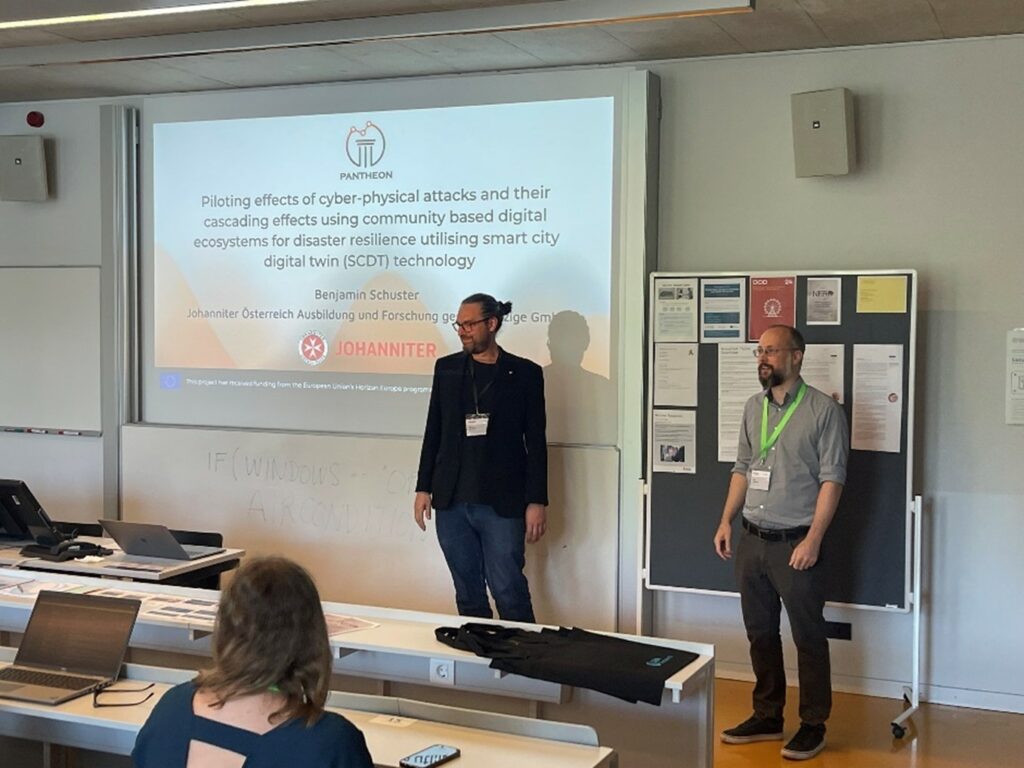
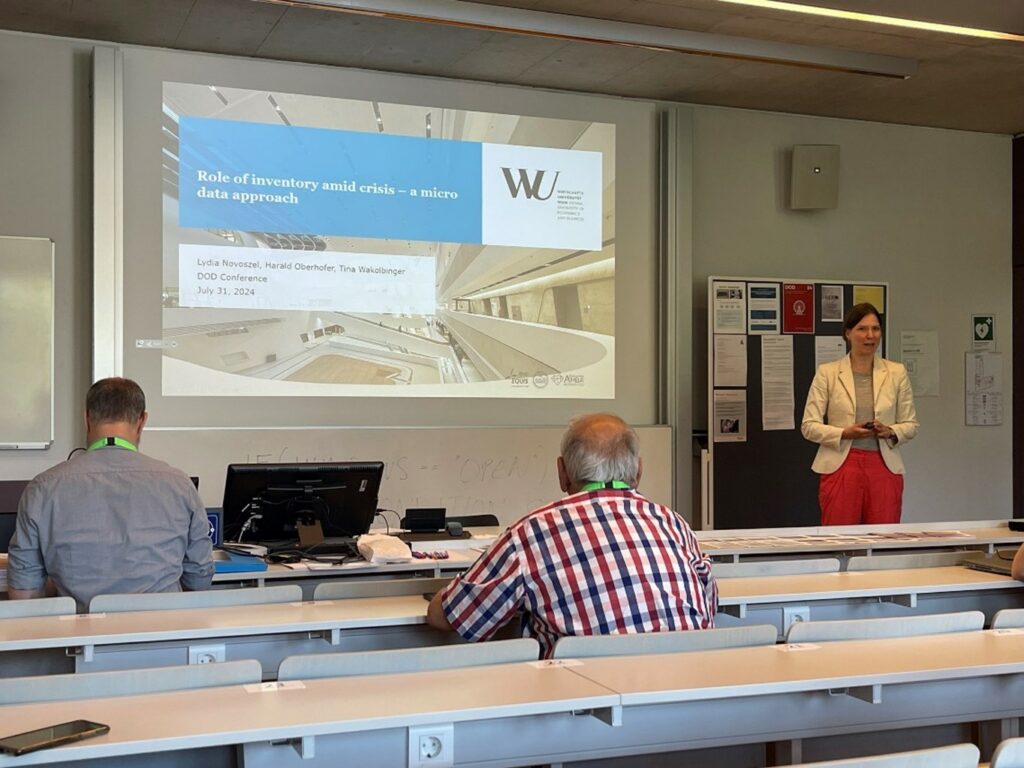
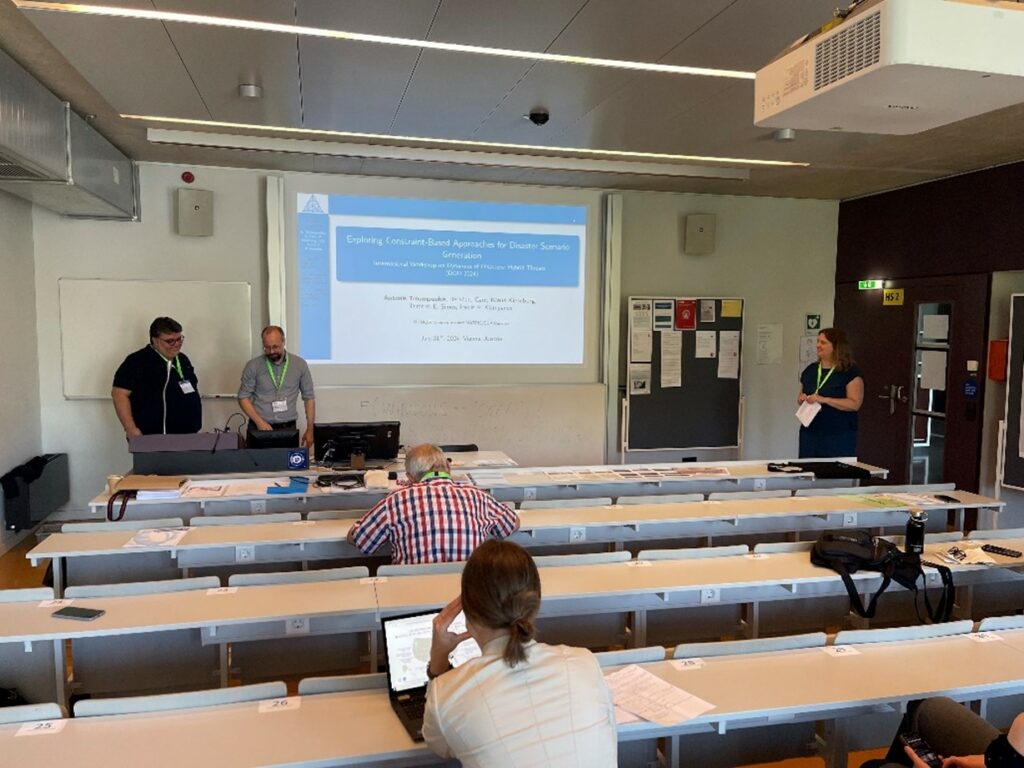
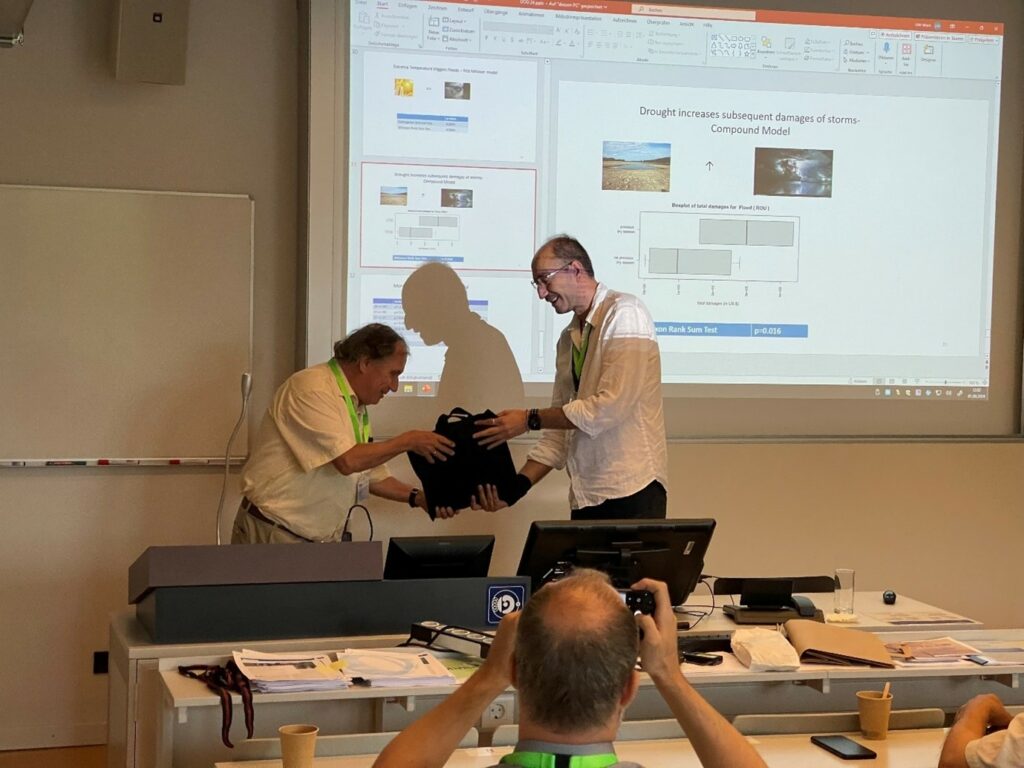
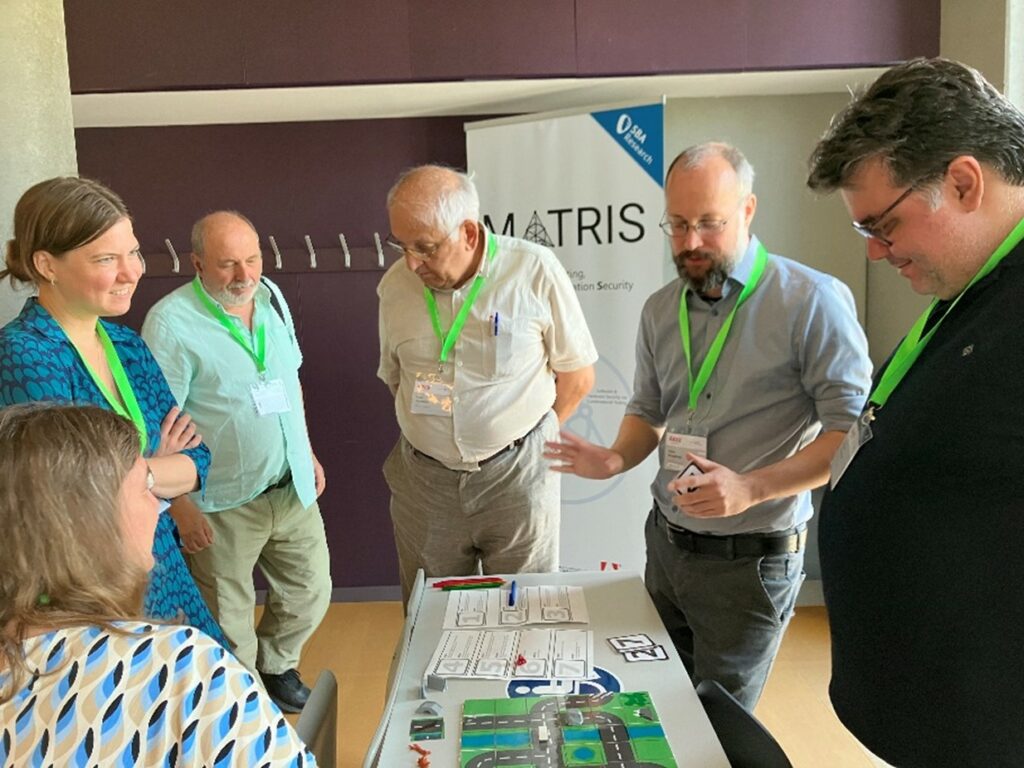
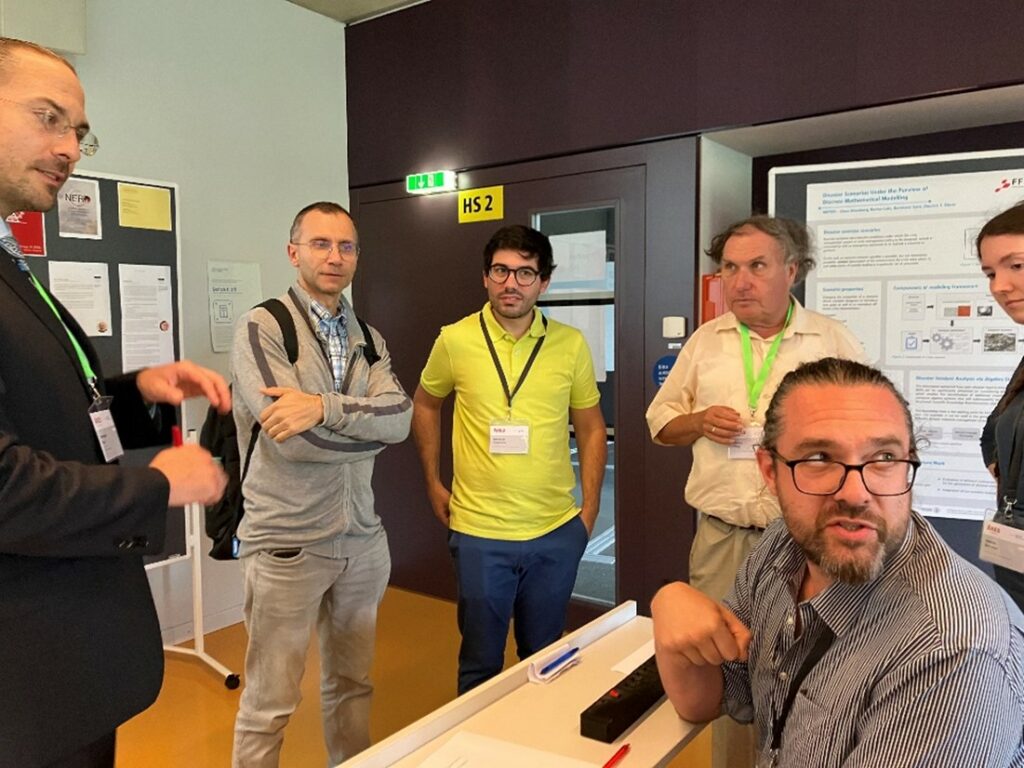
Conference Chairs

Panos Pardalos
(University of Florida,
USA)
Steering Committee Chair

Dimitris Simos
(SBA Research,
AUT)
General Chair

Bernhard Garn
(SBA Research,
AUT)
Software Engineer

Stefan Pickl
(University of Bundeswehr Munich, GER)
PC co-Chair

Ilias S. Kotsireas
(Wilfrid Laurier University, CA)
Proceedings Chair

Izem Chaloupka
(SBA Research,
AUT)
Publicity Chair


